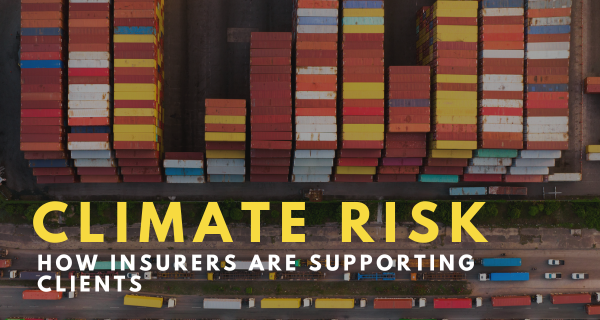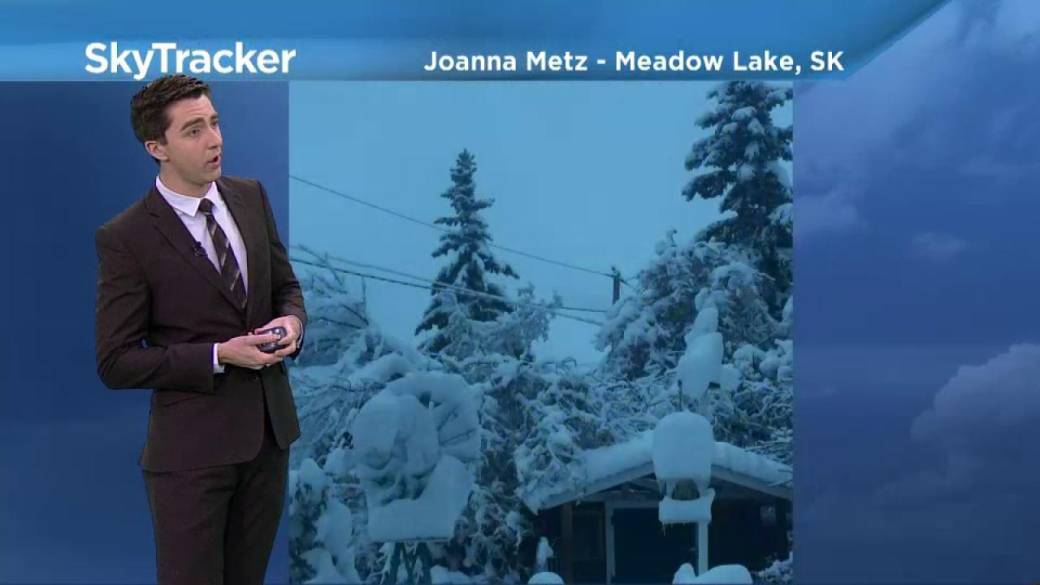Climate-Related Risks And Your Mortgage Application

Table of Contents
Understanding Climate Change's Impact on Property Values
Climate change-related events – floods, wildfires, extreme heat, and droughts – significantly impact property values. These events can cause direct damage, requiring costly repairs, and reducing a property's desirability. The long-term implications are even more significant. Lenders are increasingly incorporating climate risk assessments into their evaluations, recognizing the potential for future losses. This means properties in high-risk areas might face stricter lending terms or even be deemed uninsurable.
- Increased insurance premiums: Properties in high-risk zones face dramatically higher insurance premiums, making them less attractive to both buyers and lenders.
- Reduced buyer demand: The perception of risk, even without a direct event, can significantly reduce buyer demand for properties in vulnerable locations, decreasing their market value.
- Government regulations: Government regulations aimed at protecting vulnerable areas can impact property values, potentially restricting development or requiring costly upgrades to meet new standards. This could include building codes designed to withstand specific climate-related events.
Assessing Flood Risk and Your Mortgage Application
Flood risk is a primary concern for lenders. Flood zone mapping, typically provided by FEMA (Federal Emergency Management Agency) in the United States or equivalent agencies in other countries, plays a crucial role in determining mortgage approval and insurance rates. Understanding your property's location within a designated flood zone is paramount. Living in a high-risk flood zone often necessitates flood insurance, which can significantly increase your monthly mortgage payments.
- Understanding the National Flood Insurance Program (NFIP): The NFIP provides flood insurance coverage, often required by lenders for properties in high-risk zones. Familiarize yourself with its requirements and limitations.
- Implications of a high-risk flood zone: Mortgage rates and down payment requirements can be substantially higher for properties in high-risk flood zones.
- Mitigating flood risk: Consider mitigation measures like elevating your home, installing flood barriers, or improving drainage around your property. These improvements can impact your insurance premiums and potentially your mortgage approval.
Wildfire Risk and Its Influence on Mortgage Approval
Wildfire risk is another significant factor affecting mortgage applications. Lenders and insurance companies carefully assess the proximity of properties to forested areas and the presence of fire-resistant building materials. Maintaining "defensible space" around your property, clearing vegetation and using fire-resistant landscaping, significantly reduces risk and can impact your insurance premiums and mortgage approval chances.
- Increased insurance premiums in high-fire-risk zones: Similar to flood insurance, wildfire insurance premiums can be significantly higher in areas with a high risk of wildfire.
- Importance of vegetation management: Regularly clearing brush and vegetation around your property is crucial for reducing wildfire risk and securing more favorable insurance rates.
- Community wildfire protection plans: Community involvement in wildfire protection plans demonstrates proactive risk mitigation, potentially influencing lender and insurer assessments.
Other Climate-Related Risks Affecting Mortgage Applications
Beyond floods and wildfires, other climate-related risks influence mortgage applications. Extreme heat can drive up energy costs, impacting property value and affordability. Droughts can decrease water availability, impacting landscaping and potentially property value, especially in agricultural areas. Sea-level rise poses a significant long-term threat to coastal properties, impacting their insurability and value.
- Increased energy costs due to extreme heat: Higher energy bills due to extreme heat can reduce a property's attractiveness to buyers.
- Water scarcity and its effects on property value: Areas experiencing prolonged droughts might see a decrease in property value due to water restrictions and the impact on landscaping.
- Coastal erosion and its impact on beachfront properties: Coastal erosion is a significant and ongoing threat, impacting the long-term value and insurability of beachfront properties.
Proactive Steps to Mitigate Climate-Related Risks
Proactive steps can significantly reduce the impact of climate-related risks on your mortgage application. Thorough due diligence before purchasing a property is crucial. This includes researching the property's climate risk profile, considering flood and wildfire risks, and obtaining multiple insurance quotes to compare premiums.
- Conducting thorough property inspections: A detailed inspection by a qualified professional can identify potential vulnerabilities to climate-related risks.
- Obtaining multiple insurance quotes: Comparing insurance quotes from different providers can help you secure the best coverage at the most competitive price.
- Consulting with a climate risk specialist: A specialist can provide expert advice on assessing and mitigating climate-related risks for your specific property.
Conclusion: Securing Your Future with Informed Mortgage Decisions
Climate change significantly impacts property values and mortgage applications. Understanding the potential risks associated with your chosen property is crucial for securing a successful mortgage and protecting your long-term investment. Research your property's climate risk profile thoroughly. By taking proactive steps to mitigate these risks, you can significantly improve your chances of a smooth mortgage application process and secure your future. Understand the impact of climate-related risks and your mortgage application and take proactive steps today to protect your investment!

Featured Posts
-
 Biarritz Nouveaux Chefs Nouvelles Adresses Gastronomiques
May 20, 2025
Biarritz Nouveaux Chefs Nouvelles Adresses Gastronomiques
May 20, 2025 -
 Trade Wars And Porsche A Case Study In Brand Positioning Between Ferrari And Mercedes
May 20, 2025
Trade Wars And Porsche A Case Study In Brand Positioning Between Ferrari And Mercedes
May 20, 2025 -
 Arsenals Pursuit Of 17m Rated Premier League Star Intensifies
May 20, 2025
Arsenals Pursuit Of 17m Rated Premier League Star Intensifies
May 20, 2025 -
 Viral Tik Tok Suki Waterhouse And The Twink Reference 97 1 Zht
May 20, 2025
Viral Tik Tok Suki Waterhouse And The Twink Reference 97 1 Zht
May 20, 2025 -
 Potvrdeno Jennifer Lawrence Dobila Drugo Dijete
May 20, 2025
Potvrdeno Jennifer Lawrence Dobila Drugo Dijete
May 20, 2025
Latest Posts
-
 Big Bear Ai Stock Risk Assessment And Potential Returns
May 20, 2025
Big Bear Ai Stock Risk Assessment And Potential Returns
May 20, 2025 -
 Planning For Drier Weather Essential Steps For Homeowners And Gardeners
May 20, 2025
Planning For Drier Weather Essential Steps For Homeowners And Gardeners
May 20, 2025 -
 Big Bear Ai Stock Current Valuation And Future Potential
May 20, 2025
Big Bear Ai Stock Current Valuation And Future Potential
May 20, 2025 -
 Drier Weather Ahead Tips For Managing Your Landscape
May 20, 2025
Drier Weather Ahead Tips For Managing Your Landscape
May 20, 2025 -
 Is Big Bear Ai Stock A Good Buy In 2024 A Data Driven Perspective
May 20, 2025
Is Big Bear Ai Stock A Good Buy In 2024 A Data Driven Perspective
May 20, 2025
